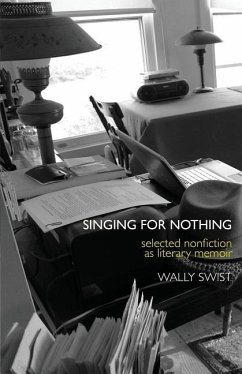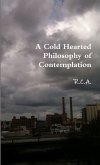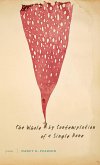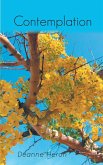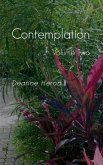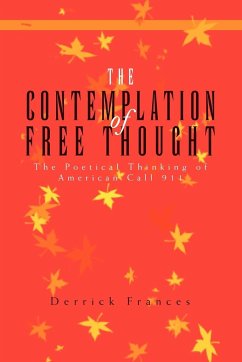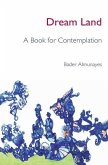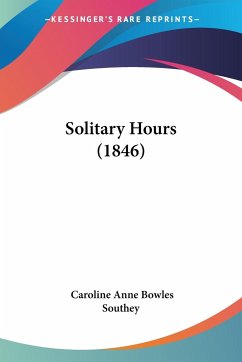"It turns out Wally Swist is a skilled essayist and reviewer as well as a celebrated poet and a decidedly eclectic reader. Singing for Nothing (the title alone says something about the condition of poetry) is a refined review of the work of both known and overlooked contemporary poets, as well as essays and reviews of the work of a range of artists, writers, and even scientists. The accounts are so intriguing, even for those unfamiliar with the subterranean world of poetry or obscure literature, after reading this book one would want to head off to the nearest library or bookstore and see what you've missed." - John Hanson Mitchell "Wally Swist's life has been steeped in poetry and guided by a steadfast belief in the power of literature. As book seller, a book creator, a poet, an essayist, a reviewer, and a generous supporter of other writers, he inhabits a world in which reading is indivisible from writing, and can't be untangled from life itself. So, it seems utterly fitting that Singing for Nothing maps that life by way of his essays and reviews. Through the assiduous shaping of his critical commentary on literature from around world and close to home, Swist has created a distinctive, thought-provoking memoir that is also a celebration of literature itself. " - Jane Brox Singing for Nothing was written over a period of 40 years. The essays, reviews, and other selected prose collected here constitute the author's poetic ruminations, his political and social thought, and his perennial philosophy over that time-to now. Much of the book was composed only recently in an attempt to push the traditional boundaries of nonfiction and memoir. Each of the eight chapters are introduced with anecdotal material from Swist's literary life, which albeit was impoverished financially, at times, but nearly always rich with his meetings with authors and his luminous reading through the years. Topics include reviews of the work of significant poets and writers; a chapter regarding haiku, an often misunderstood Japanese poetic form, and its intersection with Zen; a few academic essays regarding pop culture, the science of measurement, and the history of retirement in America; several blogs regarding psycho-spirituality; and a guided morning meditation using the chakras closes this book, which also includes some of this award-winning poet's poetry. The volume's subtitle, 'Selected Nonfiction as Literary Memoir', is apropos for what this book both embraces and what it explores by pressing the limits of traditional literary boundaries. Wally Swist's books include Huang Po and the Dimensions of Love (Southern Illinois University Press, 2012); The Daodejing: A New Interpretation, with David Breeden and Steven Schroeder (Lamar University Literary Press, 2015); and Invocation (Lamar University Literary Press, 2015). His poems have appeared in many publications, including Commonweal, North American Review, Rattle, Sunken Garden Poetry, 1992-2011 (Wesleyan University Press, 2012), and upstreet. A poem of Swist's was recently included on the national radio program The Writer's Almanac.
Hinweis: Dieser Artikel kann nur an eine deutsche Lieferadresse ausgeliefert werden.
Hinweis: Dieser Artikel kann nur an eine deutsche Lieferadresse ausgeliefert werden.
